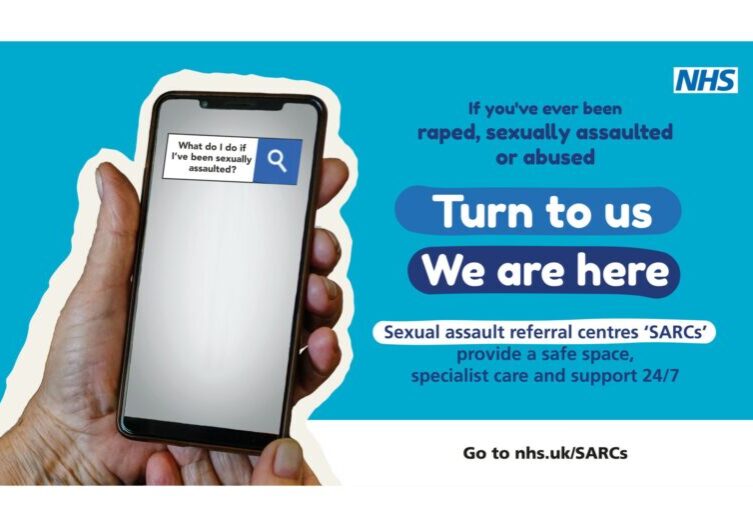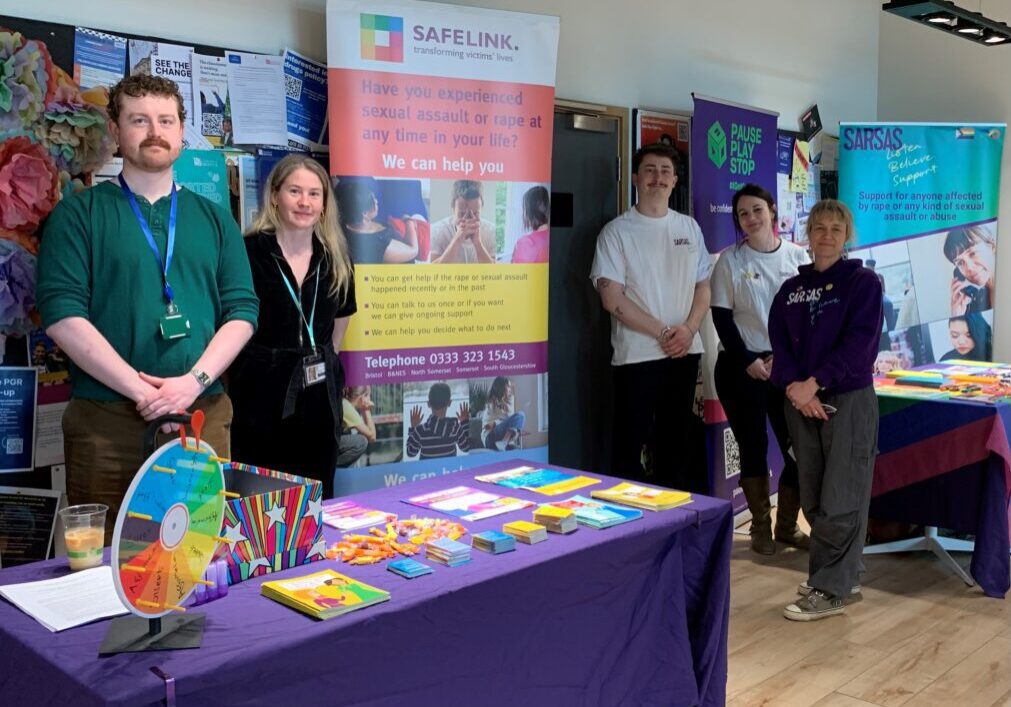
Pregnancy, birth and early motherhood
Pregnancy, birth and early motherhood can be difficult for victim-survivors. Find out about how and where you can get support.
As a victim-survivor, you might find that you feel unhappy or unsafe about being pregnant. Having to ‘share’ your body and not being in control of it can be triggering and the birth ahead and motherhood itself can feel scary, or perhaps you didn’t even want to be pregnant in the first place.
You might also find that you feel unusual sensations such as:
- unsafe
- spaced out
- hyper-alert
- angry
- strangely disinterested or even ‘out of your body’ when you have to visit the midwife or any other maternity health care providers (sometimes especially during physical examinations)
- upset, confused, angry and exhausted after your appointments
The birth ahead may be worrying, the parts of your body which are active in birth may be the same as those that were abused in the past.
The thought of strangers around during such an intimate time can be very uncomfortable too.
Some women feel nervous about becoming a mother, as perhaps you feel your abuse history might affect your relationship with your new baby.
You might want to breastfeed, but find the idea challenging.
These are all very normal responses for victim-survivors.
There are several things you can do to help prepare for your midwife and consultant appointments, for birth and new motherhood:
- Take a friend with you to your clinical visits.
- Make a list of things you want to ask before you get to any appointments.
- Create a birth plan which includes some ideas of ways in which you might feel safer and more comfortable.
- Let your midwives know about your history (only if it feels right to do so) so that they can support you and then make sure that this information is passed on to all your labour ward / homebirth teams, by asking for a note to be added to maternity papers. You might find it easier to write it down on a card or piece of paper to share with different people, so you avoid having to re-tell your experience to every new person that hasn’t been made aware of it.
- Find who your local breastfeeding peer supporters are and where your breastfeeding support groups are, ahead of time.
- Choose a local friend who is someone you really trust and ask them to be your birth partner.
You might also benefit from a Doula. A Doula is trained to support you during pregnancy, birth and in new parenthood, but is not a medical or clinical professional. Find out more.
If you are in financial hardship, voluntary Doula care is provided by ‘Doulas Without Borders’. You can apply for this here.
You can also talk through any concerns or worries that you might have on our helpline and check out our blog post on motherhood and trauma.
This page has been written for us by Doulas Without Borders.
The latest from our news and blogs

What is a sexual assault referral centre (SARC)?
A SARC can offer free, confidential medical, practical and emotional support to people who have been raped, sexually abused or assaulted at any point in their lives. They’re usually provided by the NHS, but will always have specially trained doctors, nurses and support workers.












